
CIB Unearths Rigged NRNA Election, Report Held Confidential
In a startling revelation, the Central Investigation Bureau (CIB) has unearthed evidence pointing towards election rigging in the Non-Resident Nepali Association (NRNA).
The controversy stems from the midnight election held on October 20 for the association’s new leadership, with one faction alleging misconduct while the winning group vehemently denies any wrongdoing. As the dispute escalates, the CIB’s month-long investigation has shed light on irregularities in the voting process, creating ripples of discontent within the NRNA.
Election Night Chaos:
The election results, announced after the midnight ballot on October 20, declared Dr. Badri KC as the president, triumphing over candidates RK Sharma and Mahesh Shrestha. However, the defeated candidates contested the results, pointing out discrepancies such as zero votes for the vice-presidential candidate Dr. Keshav Paudel in Kathmandu and reports of votes from individuals who claimed they had not cast their ballots.
Tensions soared during the 11th NRNA convention at Hotel Solti in the capital, marked by disruptions and slogans that prevented its smooth conclusion. Despite the chaos, Dr. Badri KC took the oath of office on October 21, further intensifying the controversy.
Parallel Developments:
In response to the contested election results, the dissatisfied faction, led by RK Sharma, announced the formation of a new committee on the same day. Simultaneously, they submitted an application to the Prime Minister’s Office, the Ministry of Foreign Affairs, and the CIB, claiming to have completed the remaining convention processes at Hotel Himalaya in the capital.
The dissatisfied party, not content with merely challenging the election results, also demanded the prosecution of the accused for cybercrime in their application to the CIB. This move underscores the gravity of the allegations and the multifaceted nature of the dispute.
CIB’s Investigation and Report Submission:
The CIB, responding to the appeal from the dissatisfied faction, initiated a comprehensive investigation that lasted nearly a month. The findings of this investigation, submitted to the Prime Minister’s Office and relevant agencies, have not yet been made public. The confidential nature of the report has added fuel to the already blazing controversy.
Controversy Within NRNA:
The CIB’s report has sparked controversy within the NRNA, challenging the claims of the winning group that the election was conducted fairly. Activists within the association have expressed concern over the reported irregularities, further deepening the divide between the factions.
The dissatisfied party, maintaining their stance that a re-election is the only acceptable solution, rejects the election results outright due to alleged rigging. RK Sharma, the president of the dissatisfied party, criticized the decision of the founding party to involve an ‘international level company’ in investigating and auditing the fraud matter, dismissing it as ludicrous.
Contrasting Perspectives:
In the face of mounting accusations, President Badri KC, leading the winning group, staunchly asserts that the election was not rigged. He goes further, stating that if the allegations are proven true, they would not hesitate to step down from their positions. Despite this assurance, the CIB’s reported reluctance to provide a clean chit raises questions about the transparency of the election process.
NRNA’s Online Election System:
Adding complexity to the situation, the NRNA election was conducted for the first time through an online system provided by Vero, an Australian company. The controversy surrounding the election has prompted a hold on the association’s renewal process at the Ministry of Foreign Affairs, further complicating the situation.
Conclusion:
As the dispute over the NRNA election continues to unfold, the findings of the CIB’s investigation remain shrouded in secrecy. The conflicting narratives from the two factions, coupled with the involvement of an international company in the election process, raise important questions about the integrity and transparency of the NRNA leadership selection. The outcome of this controversy will not only impact the association but may also influence the future of online election systems in Nepali organizations. The need for a fair and impartial resolution has never been more crucial for the NRNA and its members, both in Nepal and abroad.
See the key section of the report:
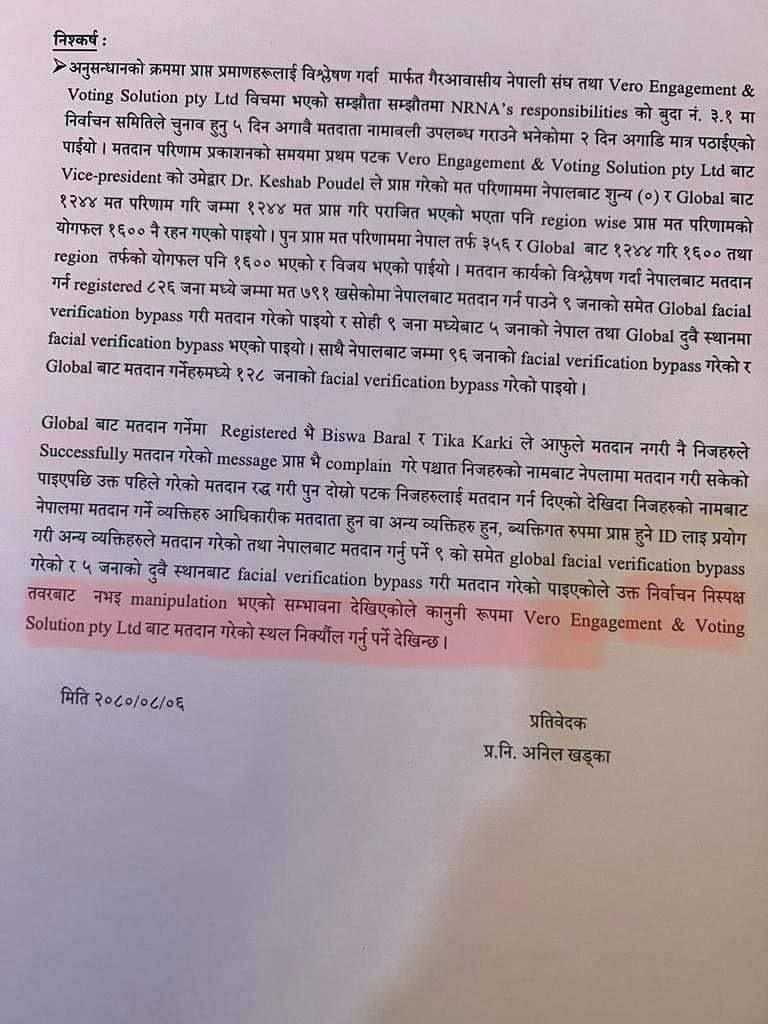
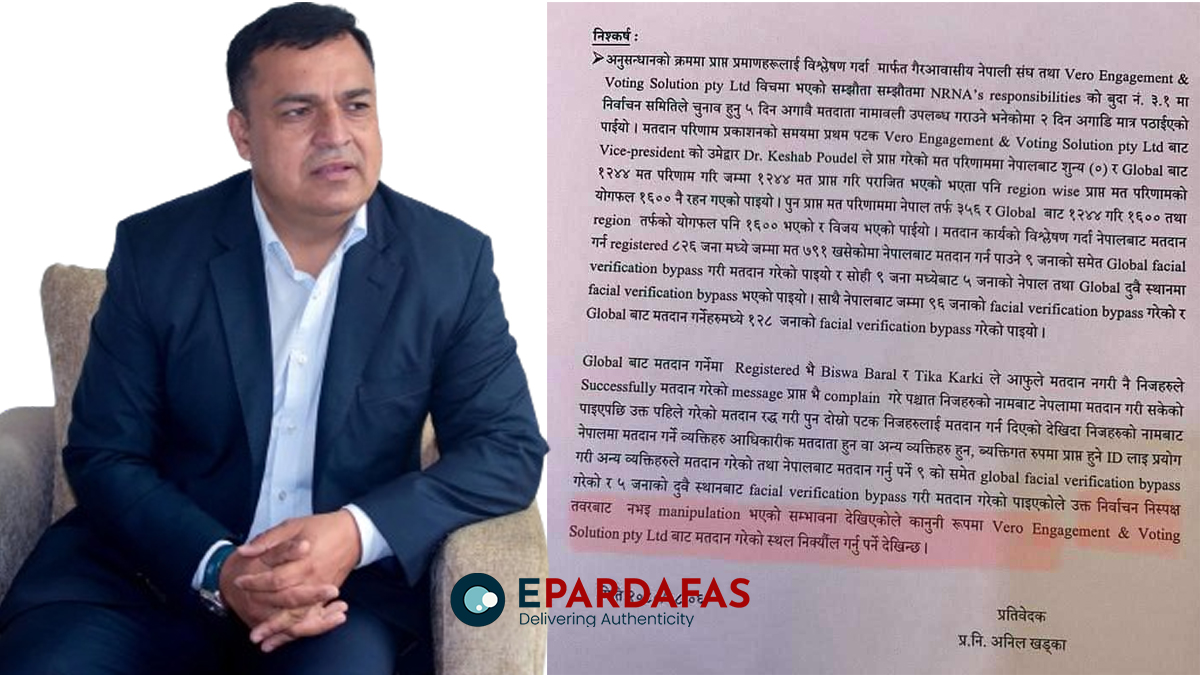


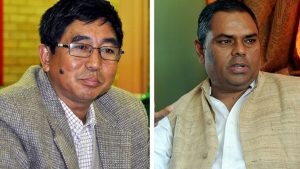
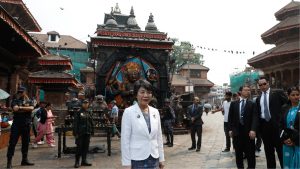
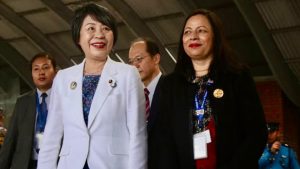
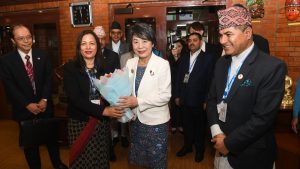

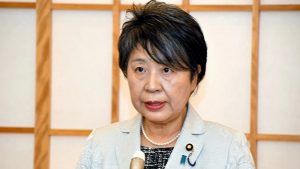





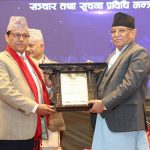
Comments